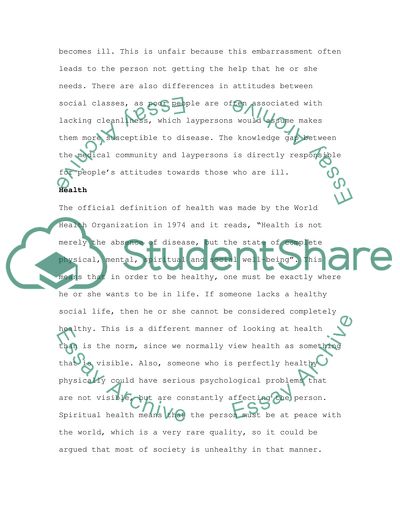Cite this document
(The Sociology of Illness Case Study Example | Topics and Well Written Essays - 2000 words, n.d.)
The Sociology of Illness Case Study Example | Topics and Well Written Essays - 2000 words. Retrieved from https://studentshare.org/health-sciences-medicine/1706635-sociology-of-medicine
The Sociology of Illness Case Study Example | Topics and Well Written Essays - 2000 words. Retrieved from https://studentshare.org/health-sciences-medicine/1706635-sociology-of-medicine
(The Sociology of Illness Case Study Example | Topics and Well Written Essays - 2000 Words)
The Sociology of Illness Case Study Example | Topics and Well Written Essays - 2000 Words. https://studentshare.org/health-sciences-medicine/1706635-sociology-of-medicine.
The Sociology of Illness Case Study Example | Topics and Well Written Essays - 2000 Words. https://studentshare.org/health-sciences-medicine/1706635-sociology-of-medicine.
“The Sociology of Illness Case Study Example | Topics and Well Written Essays - 2000 Words”. https://studentshare.org/health-sciences-medicine/1706635-sociology-of-medicine.


